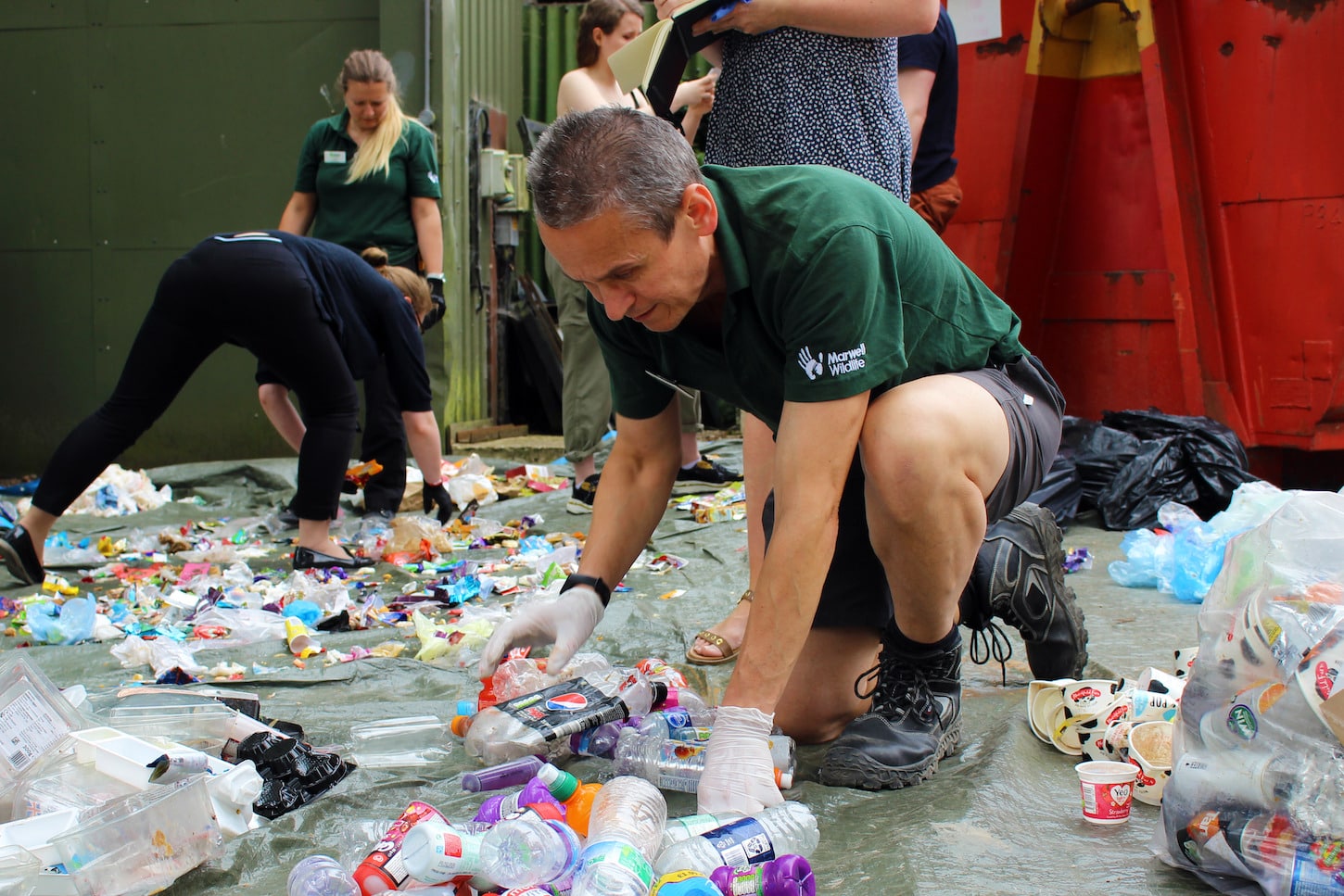Help protect migratory species from plastic pollution
September 22, 2021
September 22, 2021

Not all plastic pollution reaches the oceans. A study has found that migratory species in the Asia-Pacific Region are the mostly likely to be impacted by plastic pollution. Those affected include freshwater species, land animals and birds such as the Ganges River dolphin, Asian elephant and osprey and their chicks.
Animals impacted also extends to our own UK waters where around 300 species are known to ingest plastic litter. These range from small invertebrates, to fish, birds, and mammals.
As well as plastics in UK waters, a portion of plastics found in the Asia-Pacific region will have been generated in the UK and exported for recycling. Unfortunately, poor facilities in the receiving country and poor sorting in the UK can impact plastic recycling.
♻️ Recycling correctly is really important. Only put what you know can be recycled into the bin, not the things you think should be recycled. Find out what is recyclable in your area.
♻️ Reduce your use of plastics, particularly packaging. Consider buying unwrapped fruit and vegetables and choose products packaged with recyclable cardboard where possible.
♻️ When visiting the zoo, don’t forget to bring your reusable water bottle. You can fill this up for free at any of our water stations! We also have new reusable water bottles to purchase in our gift shop and catering outlets for just £3.99.
♻️ Supermarkets are now starting to offer ‘soft plastic’ recycling bins. Save up your clean plastic wrap, bread bags, crisp packets and more and take it with you on your next shop. Remember to check what they accept before putting it in their bin.